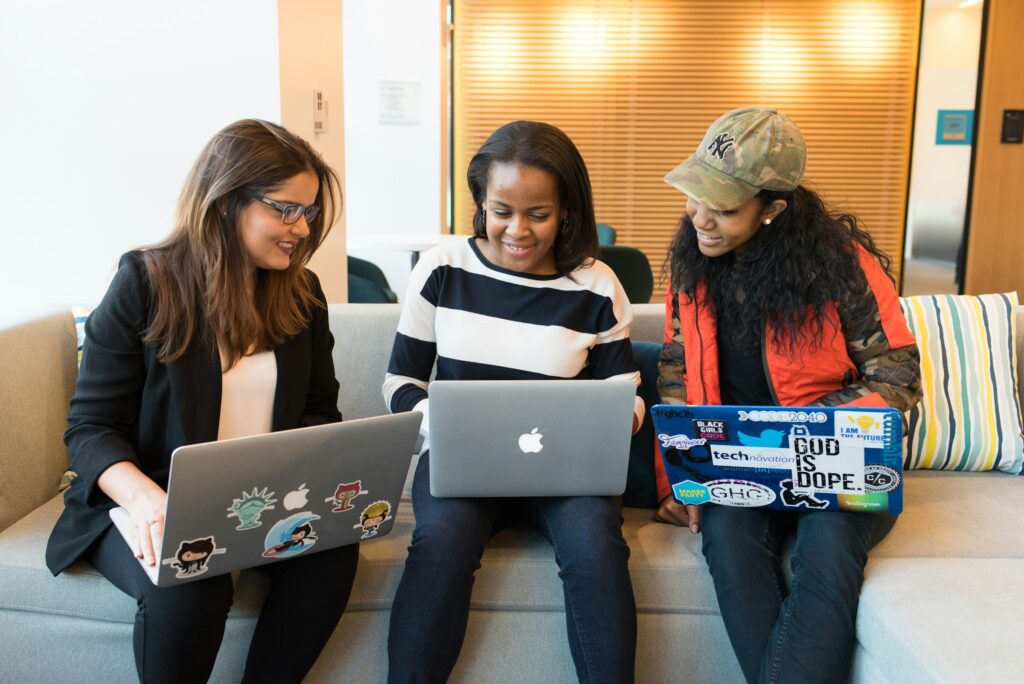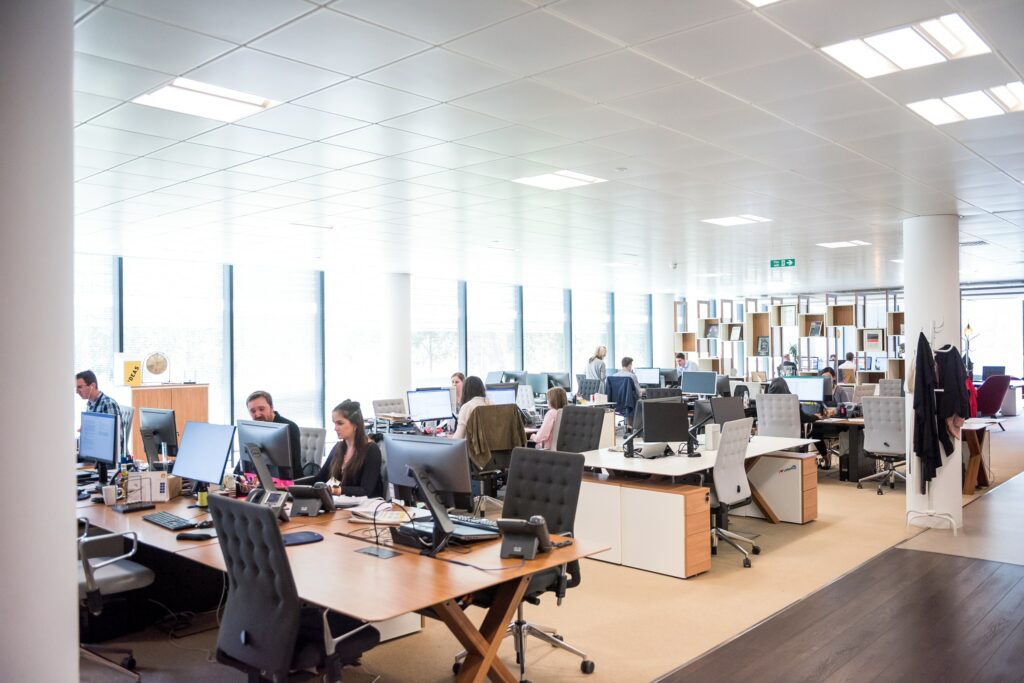KPMG UK and the University of Cambridge have partnered up to examine the big issues affecting the modern workforce, starting with what really works when it comes to supporting employees’ mental wellbeing.
The five-year partnership focusing on the ‘Future of Work’ is a global first and sees the University of Cambridge bring together researchers from different disciplines to better understand the factors that affect mental wellbeing at work. It will show how different kinds of support can boost individual mental wellbeing, enhance productivity and promote a healthy workforce for the future.
KPMG will open its doors to Cambridge researchers, who will assess the effectiveness of the mental wellbeing initiatives the firm currently offers to its c.16,000 UK employees. This will develop an evidence base of what works and how new support measures can be developed and evaluated to meet employees’ future needs. The firm will use these insights to invest in and evolve its package of mental wellbeing support.
The firm will also share its research with the wider business community, to help them support their own workforce and reduce attrition and wellbeing related absence. It also aims to provide empirical evidence clearly demonstrating the link between employee mental wellbeing and improved productivity.
Jon Holt, chief executive of KPMG UK, said: “Mental wellbeing at work is an under researched area and it is hard to access empirical data evidencing clear links between mental wellbeing policies and better employee health. This partnership with the very best academics in their field seeks to address this and provide real answers on what works. It aims to help leaders support their people to thrive at work, which in turn will lift productivity and deliver wider benefits to the economy.”
Professor Andy Neely, pro-vice-chancellor for enterprise and business relations at the University of Cambridge, said: “Finding the best ways to support mental wellbeing at work is an urgent and important task and the starting point for this partnership, which will explore more broadly how can we enable meaningful work that addresses society’s needs.”




